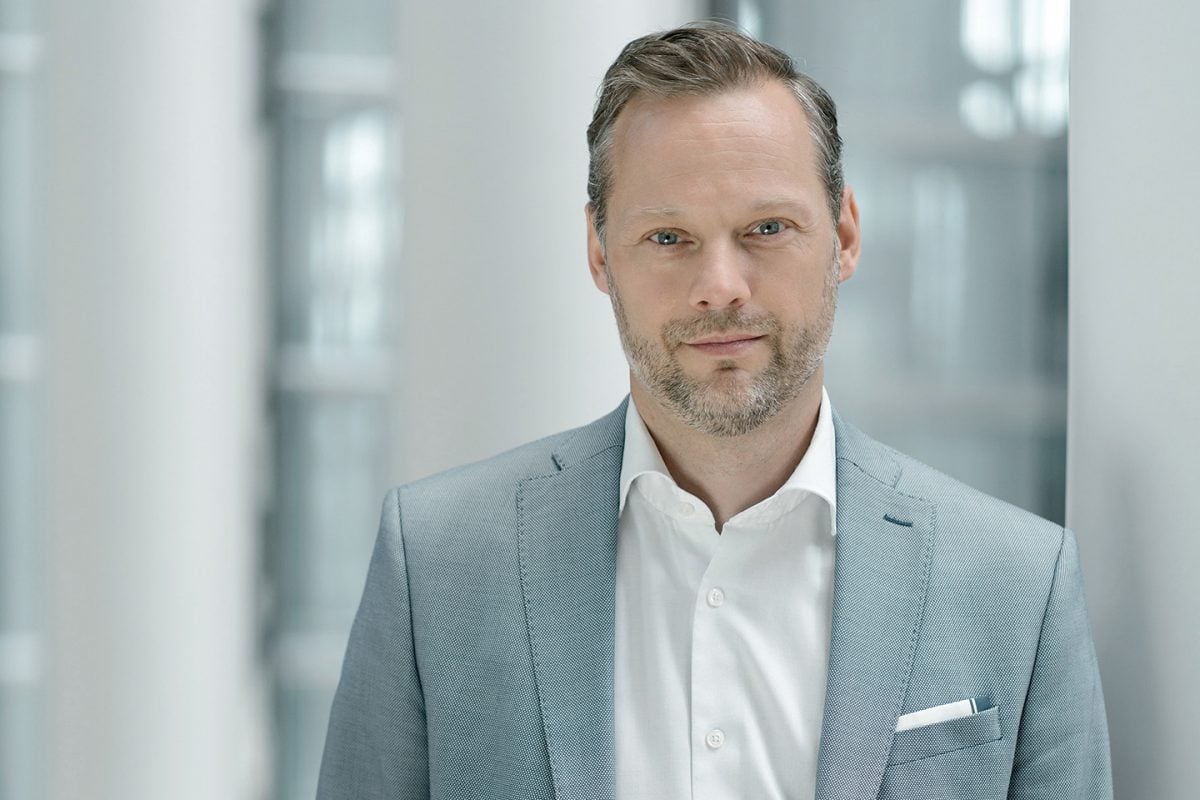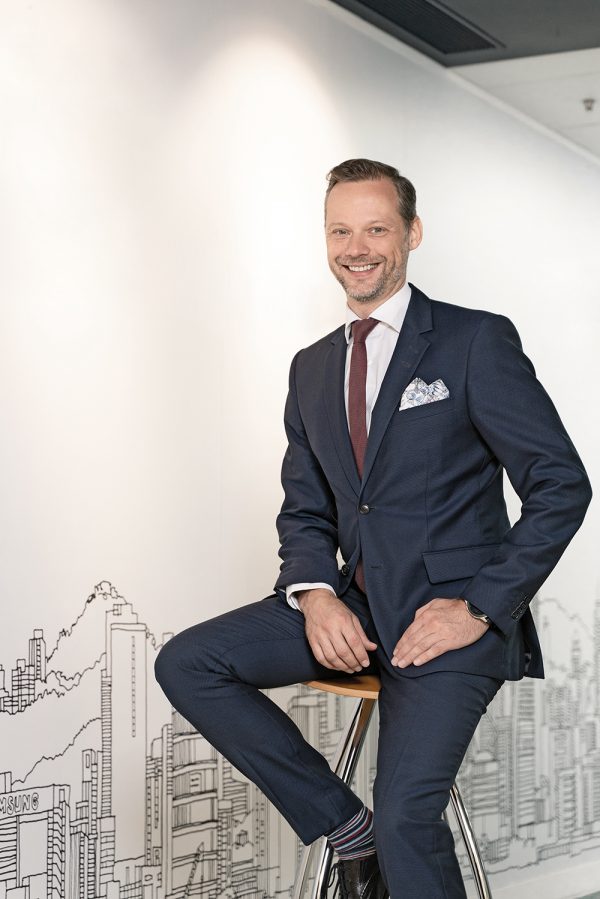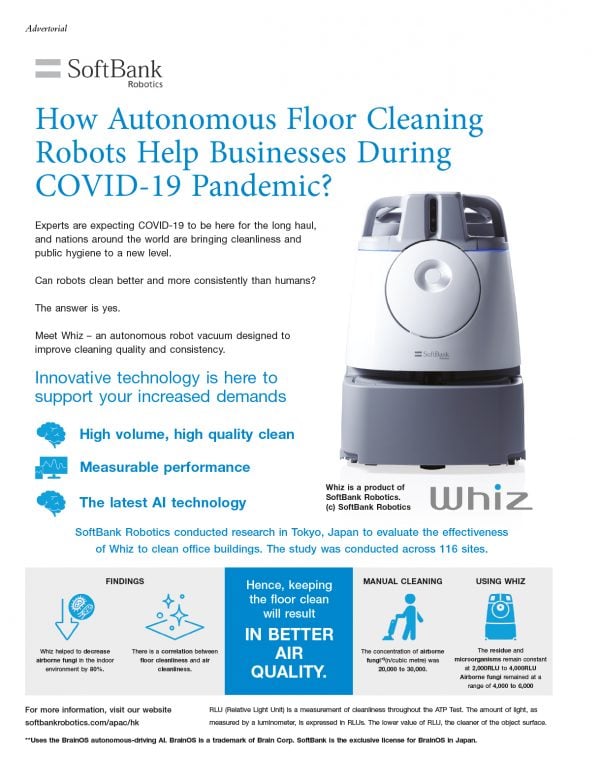As soon as Tuomo Saramaa moved into the role of CEO at ISS Facility Services Hong Kong, he undertook substantial restructuring. The changes incorporated a stronger focus on strategic segments, key accounts and operations excellence. From the start, he intended this change to have a clearly communicated agenda around the initiatives that were being undertaken to effect this change.

“When you work with a big organisation like ISS, the challenge is not how to find the things you want to change, it’s rather a problem of a buffet table of opportunities, which you then need to think through and strategically choose the right initiatives,” he says.
“Of course, deploying new strategies, new ways of working and new mindsets never happens overnight. I really want to make that visible to this organisation, showing short-term gains and wins in terms of making things happen and concrete things that change people’s day-to-day lives, but also ensuring that we keep our focus.”
That depth of communication and openness extended to the pandemic, with Hong Kong being one of the initial cities to suffer from the crisis.
Tuomo believes that the city’s previous experience with pandemics meant people were already alert to the danger, but ISS was quick in establishing a local response, providing guidance and instructions to frontline staff, with high-quality personal protective equipment, hygiene standards and operating procedures to adjust to the new reality.
Training was likewise offered to 11,000 staff to further adapt to COVID-19. The focus, says Tuomo, was on having a flexible, fast response to totally new needs, and months later, he’s proud of what the firm has been able to accomplish. It’s reflective of the two things he cares about deeply: ISS’s people and its customers.

“Our value chain works thanks to motivated, well-trained and well cared for people who find purpose in their work,” Tuomo explains. “That’s the way to create customer experiences, which is then the road to committed and satisfied customers. That’s how we generate the positive spin of creating growth opportunities and profit-making opportunities for our business.
“I try to spend a lot of time meeting our frontline people. It’s fantastic and inspiring for me to be able to see the committed teams we have and how they find a larger purpose to the work that they do. I, for example, talk a lot with our teams about a scenario – imagine what would happen in a city like Hong Kong if our 15,000 people did not go to work tomorrow. How many basic things in this city would come to a stop? We try to build that pride into what we are creating for the specific end users and all the inhabitants of Hong Kong. I think when people get that, they find a new meaning, a new pride to their work.”
In the effort to support the various missions of its customers and remain an integral part of functioning societies, ISS has had to evolve over the course of more than a century.
Services like cleaning, catering, security and facility management remain just as essential as ever, but the means of delivering those services are changing. Automation and digitalisation are important concepts for the company, as they are in every industry, and partnerships with companies like SoftBank Robotics are essential to keep up with the pace of development.
I trust and empower my people to use all their knowledge and skills to align and deliver on strategy.
“SoftBank is a leader in innovation in terms of cleaning robots,” Tuomo says. “We’re very interested in exploring and piloting new concepts and opportunities with them, but what they are also able to offer us is innovation, not just in terms of technology, but also business partnership and financing models. How do we create an environment where the hurdles – for investment and automation or digitisation – are low?”
For a company in which the most important values include honesty, quality, responsibility and entrepreneurship, such an attitude towards innovation is unsurprising. But Tuomo is quick to stress that it’s only by working alongside his team that ISS can work towards the future.
“I can only be as smart as my team. I trust and empower my people to use all their knowledge and skills to align and deliver on strategy,” he explains. “I believe more in listening than dictating. That gives a lot of leverage in terms of giving people space to explore and space to take decisions, carry responsibility and feel accountable for the things they’re doing. That requires me to listen, to guide and direct, and then finally, provide support.”
Proudly supported by:



